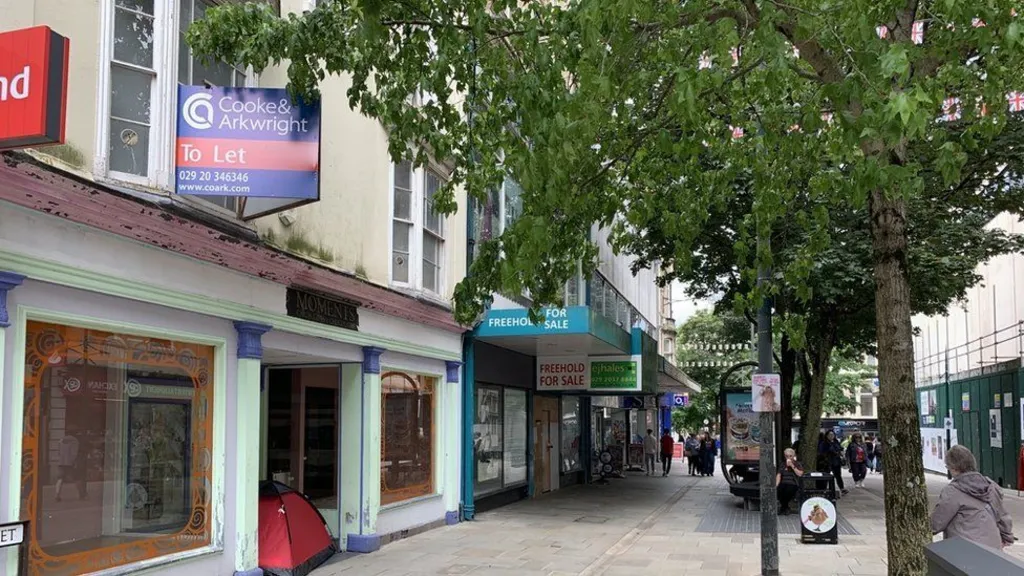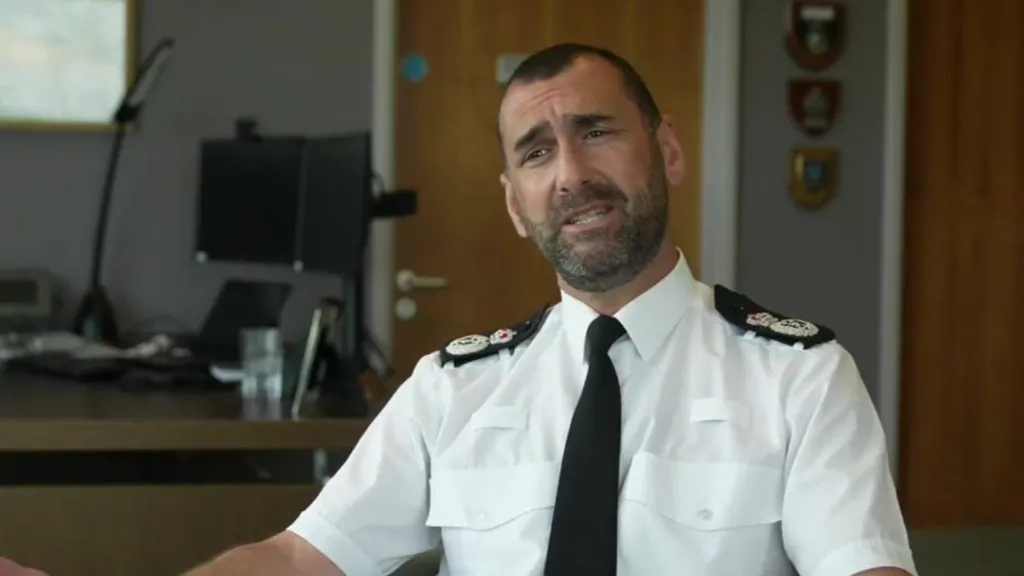London, UK
9th August, 2024.
A troubling trend has emerged across the UK, as organized crime groups are increasingly taking advantage of empty high streets to establish large-scale drug production operations. The downturn in town centers, accelerated by the COVID-19 pandemic, has left many commercial properties vacant, providing fertile ground for illegal activities.
Law enforcement agencies have reported a sharp increase in the use of abandoned shops, pubs, and other commercial spaces for industrial-scale cannabis cultivation. Over the past year, police raids have uncovered cannabis farms in a variety of unexpected locations, such as an old toy shop in Ayr, Scotland, and a former bank in Welshpool, Powys. These properties, once bustling with legitimate business activities, have been repurposed by criminal groups to grow cannabis on a large scale.

Chief Constable Richard Lewis, the National Police Chiefs’ Council’s (NPCC) lead on drugs, highlighted the concerning rise in this illegal activity. He noted that the declining high streets, with their abundance of vacant buildings, have become increasingly attractive to criminals. The lack of foot traffic, especially during evening hours, allows these operations to thrive with minimal risk of detection.
Several factors have contributed to the proliferation of cannabis farms in empty high street properties. The decline of retail and hospitality sectors, particularly in smaller towns, has resulted in numerous vacant commercial properties. These large, unoccupied buildings offer the space needed for extensive cannabis cultivation. Moreover, the absence of nearby residents or regular activity reduces the chances of suspicious behavior being noticed and reported to authorities.
In response to this growing problem, police forces across the UK have ramped up efforts to combat illegal cannabis farms. Last year, nearly 1,000 arrests were made in operations targeting these farms. In Newport, Gwent Police successfully raided several cannabis farms, including one located in a former department store that had been converted into a multi-floor cannabis production site.

Chief Constable Lewis stressed the importance of vigilance and community cooperation in tackling this issue. He urged local residents and business owners to remain alert and report any suspicious activities, as early detection is crucial in dismantling these operations.
The spread of cannabis farms in empty high streets poses significant risks to local communities. These operations often involve dangerous electrical modifications to power the extensive lighting and ventilation systems required for cannabis cultivation, increasing the risk of fires. Additionally, the presence of organized crime groups in these areas can lead to a rise in violence and other criminal activities, further endangering community safety.
Authorities are working closely with local councils and property owners to identify and secure vulnerable buildings. Initiatives such as creating databases of empty properties, increasing surveillance, and implementing security measures are being introduced to prevent further exploitation by criminal groups. These efforts aim to restore safety and stability to affected communities while curbing the rise of illegal drug production.
The booming drug production in the UK’s empty high streets highlights the unintended consequences of economic decline and the urgent need for proactive law enforcement and community cooperation. As authorities continue their crackdown on these illegal operations, it is essential for communities to stay vigilant and report any suspicious activities, playing a crucial role in combating this growing problem.
Resources:
1.https://www.bbc.co.uk/news/articles/c2x0x6ypgneo
2.https://www.bbc.com/news/uk-67589364
3.https://www.bbc.com/news/articles/c2x0x6ypgneo